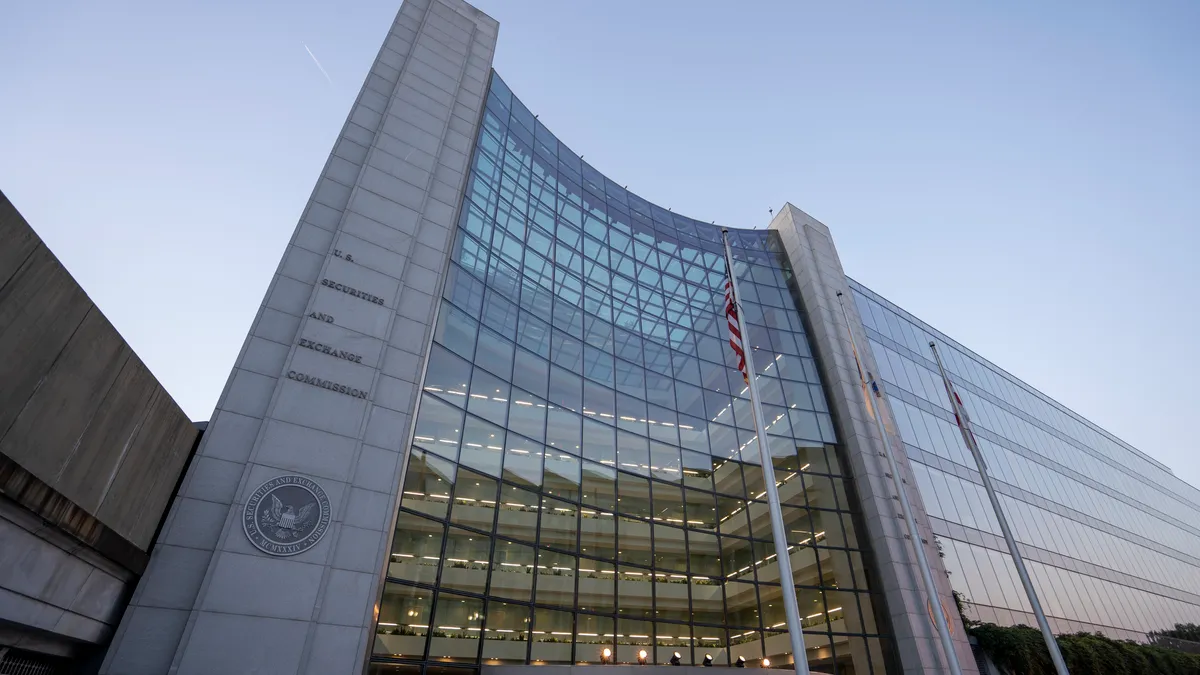Dive Brief:
- Directors and officers insurance providers AmTrust and Freedom Specialty must reimburse 180 Life for money it advanced to two former officials in response to subpoenas from the Securities and Exchange Commission looking into their conduct related to the company’s merger in a SPAC deal, a California federal court ruled, granting summary judgment in favor of the insureds in a closely watched case.
- The insurers argued the money the company advanced to the officials is excluded by change in control provisions that were triggered when it merged in a special purpose acquisition company transaction and the two officials resigned their positions.
- But the judge, Beth Labson Freeman of the Northern District of California in San Jose, said the exclusion would apply only if the officials’ potential misconduct occurred after the change in control. Since a subpoena is a request for information that, unlike a complaint, doesn’t indicate when potential misconduct occurred, or even if it occurred, the applicable period isn’t knowable until further action by the SEC.
Dive Insight:
Marlene Krauss and George Hornig were officials of KBL Merger, a SPAC. The two resigned after their company merged with 180 Life and took the operating company’s name. A SPAC is a publicly traded blank-check company that enables a startup to go public earlier than it otherwise might by merging with it and transferring its public status to the surviving company.
Prior to the merger, KBL bought $3 million in claims-made D&O insurance from AmTrust and $2 million in excess coverage from Liberty.
After the merger, 180 Life was directed by a court in a previous case to advance money to Krauss and Hornig to cover their costs complying with the subpoena. 180 Life sought coverage from the insurers to reimburse it for the costs.
The insurers said the costs were excluded under the change in control provisions, but the judge said that would be the case only if it was clear the SEC subpoenas have to do with the officials’ conduct after the company changed hands. If the conduct occurred prior to the merger, when the company was still KBL, the change in control provisions wouldn’t necessarily apply.
This timing issue can’t be settled until there’s further action from the SEC, the judge said.
“To establish application of the Change in Control Exclusion, the Insurers must show that the SEC subpoenas are Claims ‘alleging in whole or in part any Wrongful Acts’ committed or attempted after the Merger,” Judge Labson Freeman said. “This showing is difficult to make in the context of a subpoena rather than a civil complaint containing specific factual allegations of wrongdoing.”
The subpoenas, she said, “are something of a black box.”
The insurers said the subpoenas were targeting post-merger information, but the judge said that fact alone doesn’t mean any potential misconduct occurred post-merger.
“The Court finds unpersuasive the Insurers’ arguments that the SEC subpoenas must be construed to allege Wrongful Acts committed or attempted during the post-Merger period based solely on the subpoenas’ request for documents relating to that period,” she said
If it turns out the misconduct did in fact occur post-merger, the insurers can go after the company to get its money back.
“The Insurers may be able to make this showing at a later date, upon a more factually developed record regarding the SEC investigation,” she said. “If so, they will be able to recoup any Defense Costs advanced to 180 Life for Claims that turn out not to be covered.”











